10 Things That Summed Up China E-Commerce in 2018
2018 was an eventful year for China e-commerce. Azoya Consulting reviews the top ten things that rocked the industry this past year.
by Azoya Consulting
10 Things That Summed Up China E-Commerce in 2018
2018 was a big year for China e-commerce, as China's government passed the country's first comprehensive e-commerce law, in a bid to protect consumers and regulate sellers.
Major players such as Alibaba and JD.com also entered into headline-grabbing partnerships and investments, as they consolidated their grip on the market.
We highlight the top ten events of 2018.
1. State Council passes first e-commerce law
The law forces daigou to obtain business licenses and file tax returns, regulating the gray-market selling of foreign goods in China.
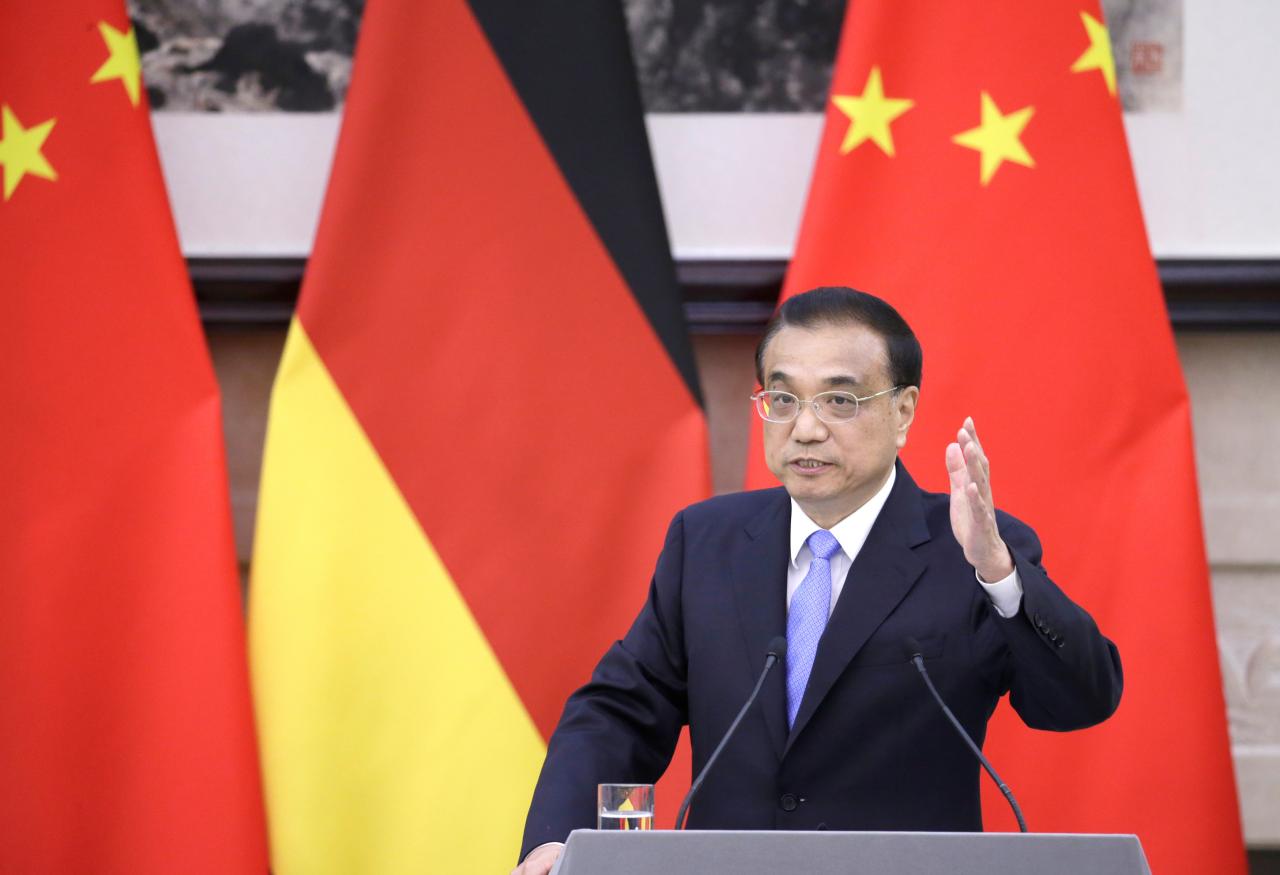
Source: Reuters
2. Government raises limits on individual purchases of cross-border e-commerce imports
The limit was raised from 2,000 RMB to 5,000 RMB for individual transactions, and the annual limit was raised from 20,000 RMB to 26,000 RMB. This indicates further government support for the industry.

Source: Motley Fool Australia
3. JD.com builds global retail alliance by partnering with Google and investing in Secoo
These three are the latest additions to JD.com’s global retail alliance, which includes Wal-Mart, Vipshop, Meili, and Farfetch.

Source: Android Police
4. Yoox Net-A-Porter partners with Alibaba to enter China
Luxury players are partnering with Alibaba/JD.com so they can provide a stronger customer experience. JD.com continues to deepen its partnership with Farfetch, Yoox's main rival on the global stage.
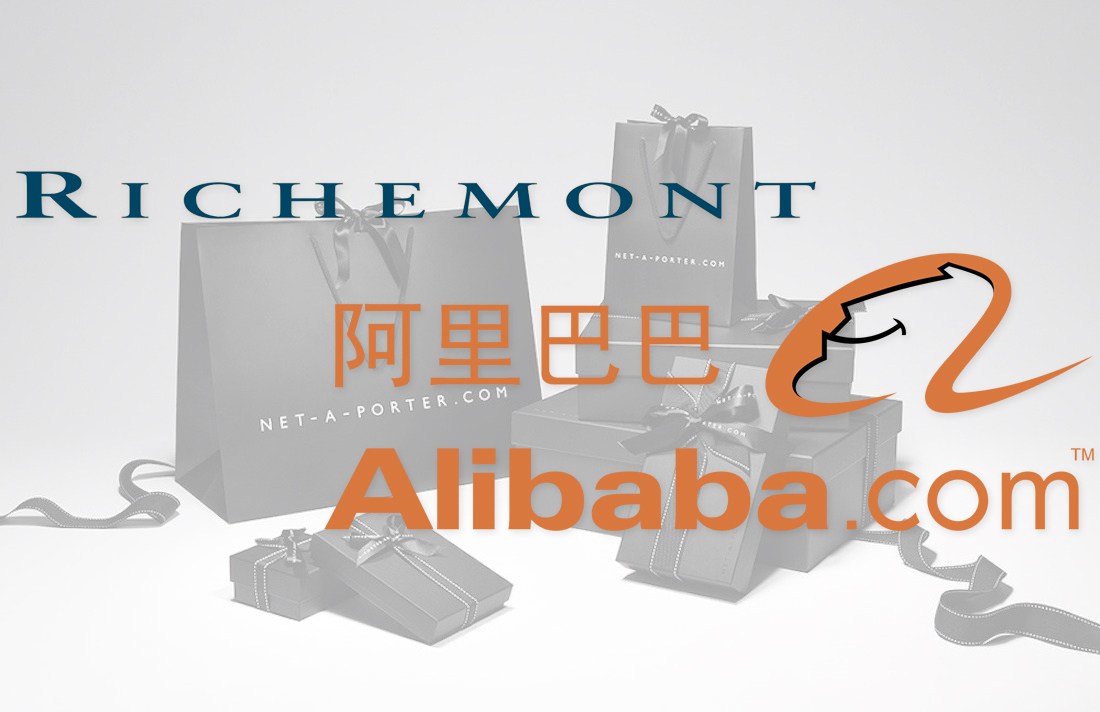
Source: A Blog to Watch
5. Social commerce platform Pinduoduo goes public on the NASDAQ stock exchange
In just three short years, Pinduoduo grew to over 300 million registered users on the back of its WeChat mini-program, indicating the popularity of social commerce in China.

Source: Capital Watch
6. Alibaba opens Tmall Global’s first offline retail store in Hangzhou
This was Alibaba’s first successful attempt to launch an offline store with cross-border e-commerce goods. Kaola, JD Worldwide, and Little Red Book each followed with their own offline stores later in the year.

Source: Ebrun
7. Alibaba invests in Little Red Book, deepening its partnership with the content-driven platform
Taobao began incorporating content from Little Red Book, reflecting the importance of content in China e-commerce.
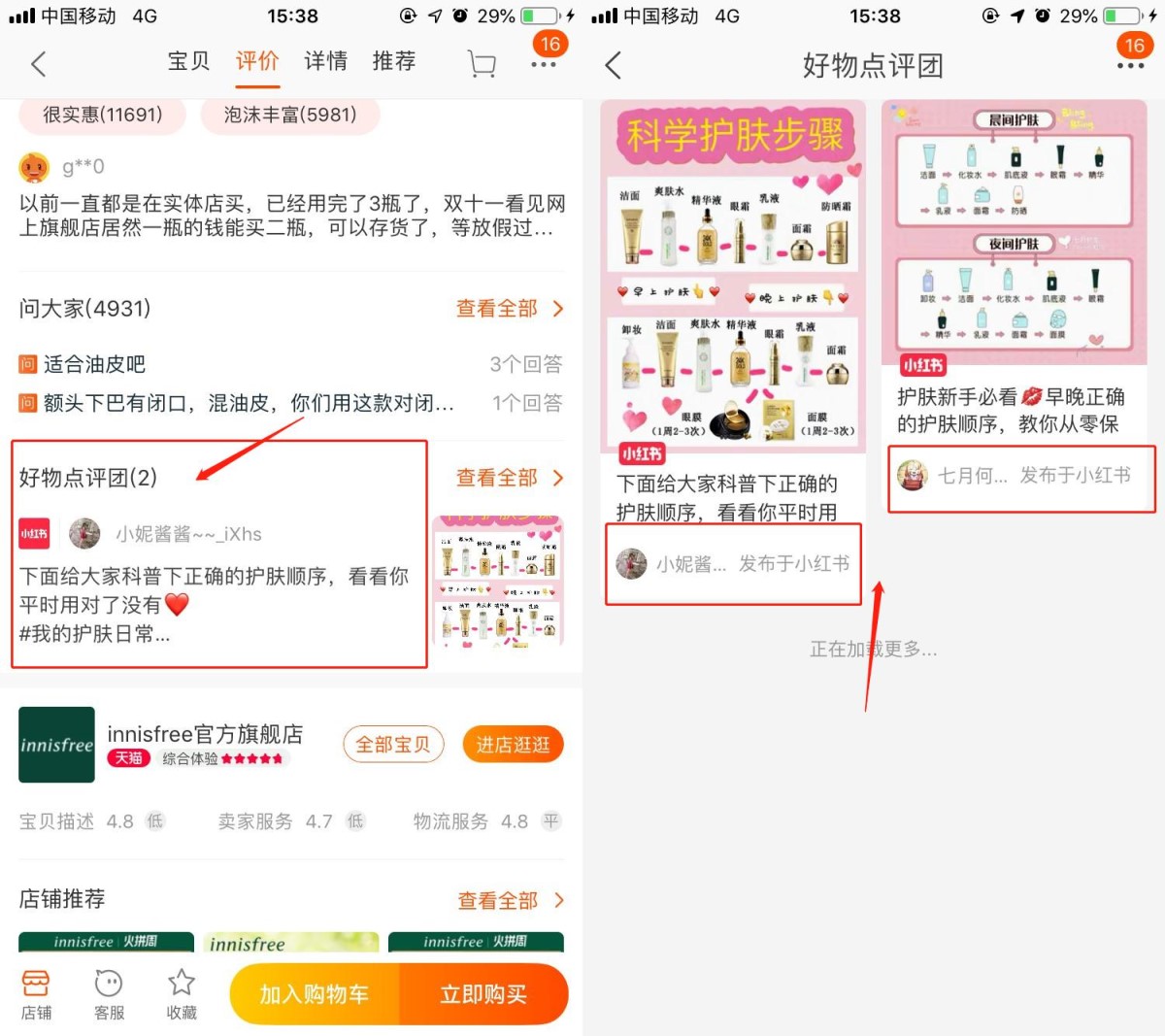
Source: Ebrun
8. JD.com launches parcel delivery business for individuals
This is the first time that an e-commerce company has opened up its logistics network for individual use by consumers
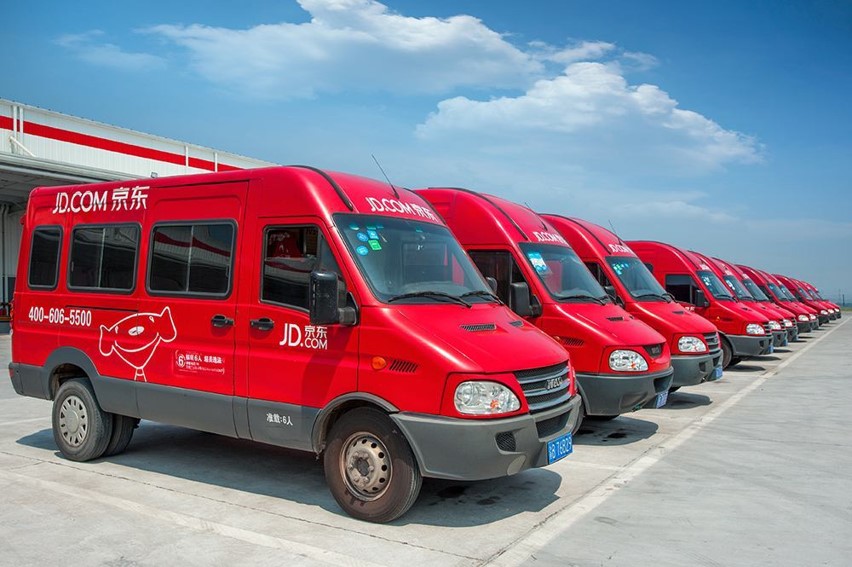
Source: China Daily
9. UK beauty retailer Feelunique launches first WeChat mini-program store for cross-border e-commerce
More and more global players are setting up mini-program stores to get closer to Chinese customers

Source: Feelunique WeChat Mini-Program
10. Douyin allows influencers to post links to Taobao and Tmall
Marketing via Douyin’s short video platform could be the key to unlocking e-commerce sales in the future
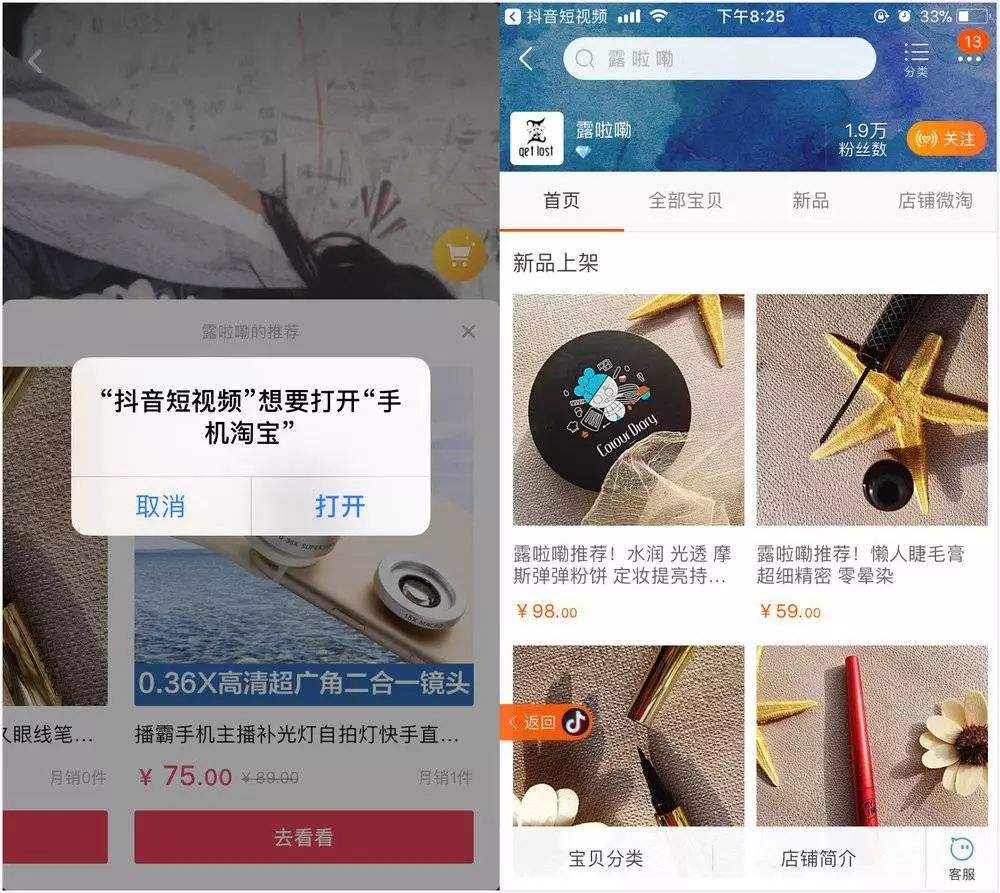
Source: Cyzone